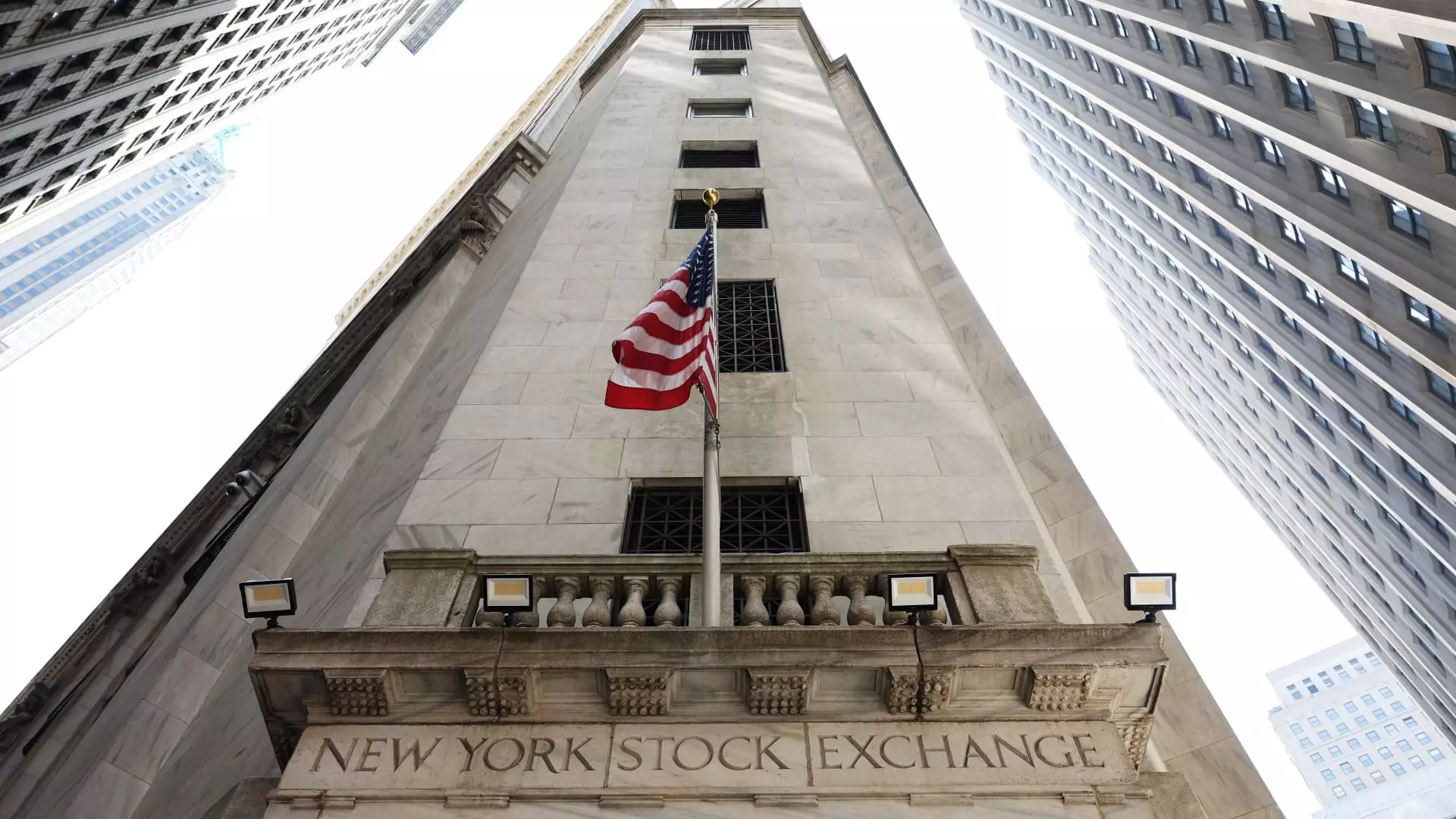Recent market declines have sparked concerns among analysts at Morningstar DBRS, with fears that the continued downtrend could trigger a self-fulfilling prophecy leading to a recession. This warning comes as global markets experienced significant drops, with the Nikkei 225 in Japan plummeting over 12% and the S&P 500 in the U.S. marking its worst day in nearly two years. Tech and bank stocks bore the brunt of the sell-off, causing widespread unease among investors and experts alike.
The sharp global decline was largely attributed to a disappointing U.S. jobs report released the previous week. Nonfarm payrolls for July fell well below expectations at just 114,000, raising concerns about the health of the U.S. economy. The rise in the unemployment rate to 4.3% added to the worries, prompting questions about the Federal Reserve’s decision not to cut interest rates during their recent meeting. Uncertainty over the economic outlook further exacerbated the market turmoil, leading to increased volatility and anxiety among market participants.
Despite the negative sentiment surrounding the market, Morningstar analysts emphasized that the economic data still pointed to a “slowing, but still growing” U.S. economy. The unemployment rate, while slightly up, remained below the expected natural level, indicating some resilience in the labor market. Additionally, recent GDP figures showed a 2.8% growth in the second quarter, signaling a degree of economic expansion despite prevailing challenges.
Conversations with U.S. bank management teams and analysis of recent earnings releases suggested that banks were not overly concerned about a potential economic downturn. Most banks were seen as well-capitalized and able to withstand further market declines or a recession, with limited exposure to equities in their portfolios. The impact on wealth and asset management fees was expected to be offset by previous gains from higher market valuations, providing a buffer against potential losses.
Morningstar analysts remained optimistic about the banking sector’s ability to weather the storm, citing sufficient capital and liquidity buffers as key strengths. Even in the face of continued market volatility or an economic downturn, U.S. and other major banks were viewed as resilient and capable of navigating challenging conditions. While capital markets players could benefit from volatility, the risk of higher losses due to rapid valuation changes underscored the importance of proper hedging strategies to mitigate potential downsides.
In Japan, where steep market declines were also observed, banks were expected to weather the storm without significant implications for capital management. The overall sentiment regarding the banking sector’s resilience in the face of market challenges was a reassuring note amid widespread concerns about the global economic outlook.
Through a combination of robust financial positions, limited exposure to risky assets, and proactive risk management strategies, banks were positioned to navigate the uncertainties ahead. While the threat of a recession loomed large, the banking sector’s ability to adapt and respond to changing market conditions was a ray of hope in an otherwise turbulent environment.

Leave a Reply